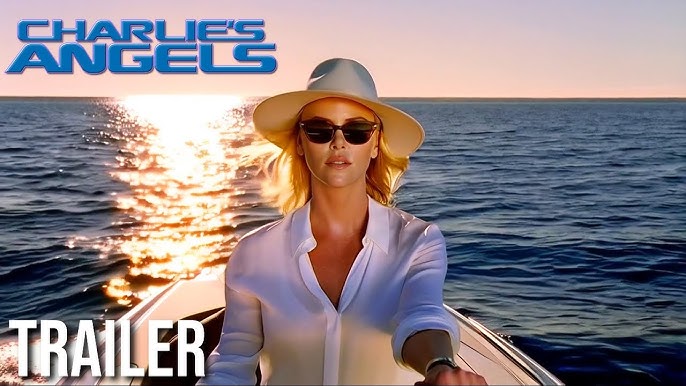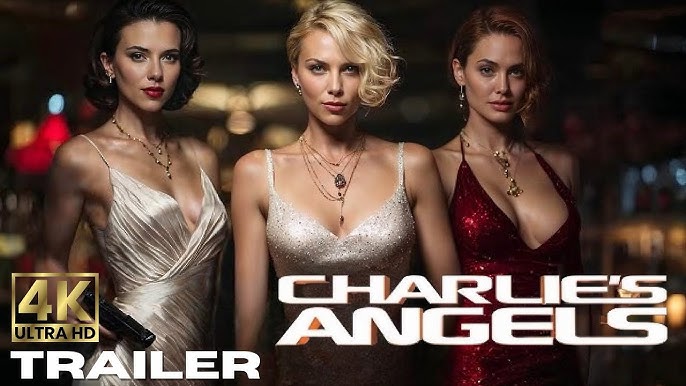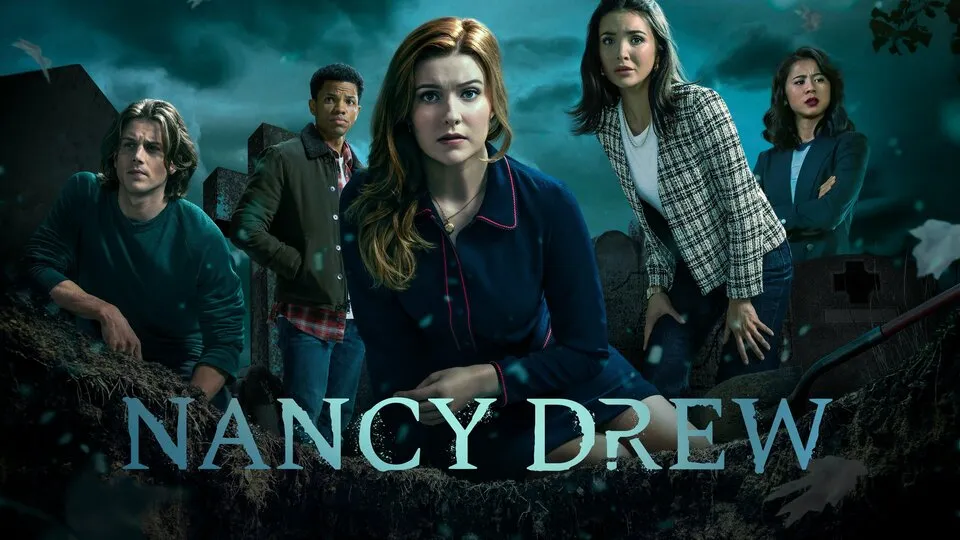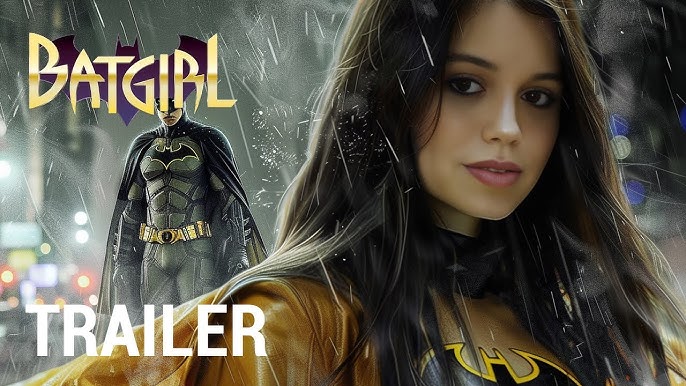Charlie’s Angels (2019): A Stylish Reinvention of Feminine Power and Action
Charlie’s Angels (2019), directed by Elizabeth Banks, breathes new life into the iconic spy-action franchise that began in the 1970s television series and continued with the early 2000s films starring Cameron Diaz, Drew Barrymore, and Lucy Liu. This modern reboot reimagines the Angels for a new generation — intelligent, fearless, and unapologetically independent women working together in a world of high-tech espionage and global intrigue. With a mix of humor, sleek action, and empowerment, Charlie’s Angels (2019) delivers an energetic and contemporary take on the legendary team.
The film centers on Sabina Wilson (Kristen Stewart), a rebellious and unpredictable operative; Jane Kano (Ella Balinska), a former MI6 agent with unmatched combat skills; and Elena Houghlin (Naomi Scott), a brilliant scientist and engineer who becomes entangled in a dangerous conspiracy. When Elena discovers that her company’s revolutionary energy technology can be weaponized, she turns to the Townsend Agency for help. Soon, the three women must join forces to stop a global threat while navigating betrayal, deception, and powerful enemies.

Unlike previous versions, the 2019 Charlie’s Angels expands the scope of the Townsend Agency. Now an international organization, it operates through multiple teams of Angels and “Bosleys” around the world, turning the once small private detective service into a massive, coordinated intelligence network. Elizabeth Banks herself appears as one of the Bosleys, serving as both mentor and field leader. This clever reinvention modernizes the concept and celebrates teamwork over individual glamour.
Kristen Stewart’s performance as Sabina is one of the film’s highlights — witty, mischievous, and effortlessly cool. Ella Balinska brings athleticism and depth to Jane, while Naomi Scott grounds the trio with sincerity and intellect as Elena, the newcomer learning what it means to be an Angel. Their chemistry feels authentic, filled with humor and camaraderie, creating a believable bond of sisterhood that anchors the story.
The film’s action sequences are sharp, stylish, and often playful. From high-speed chases through Istanbul to rooftop shootouts and elegant infiltrations in Berlin, the choreography combines realism with flair. The Angels rely on intelligence, resourcefulness, and cutting-edge gadgets rather than brute force — a refreshing reminder that skill and collaboration are their true weapons.
Visually, Charlie’s Angels is dazzling. The production design blends luxury and technology, featuring sleek cars, futuristic labs, and glamorous locations across Europe. The cinematography by Bill Pope (known for The Matrix) gives the film a crisp, vibrant look that enhances its global espionage feel. Complementing the visuals is an energetic soundtrack featuring Ariana Grande, Miley Cyrus, and Lana Del Rey’s empowering anthem “Don’t Call Me Angel,” which perfectly captures the film’s modern attitude.
Beyond the action and glamour, Charlie’s Angels (2019) emphasizes empowerment and solidarity. It avoids the over-sexualization often associated with earlier versions, instead portraying the Angels as capable professionals who use their intelligence and compassion to outsmart adversaries. The film subtly addresses themes of gender dynamics and corporate ethics without losing its sense of fun.

Ultimately, Charlie’s Angels (2019) stands as a stylish and spirited celebration of teamwork, confidence, and empowerment. While it honors the legacy of the franchise, it also reshapes it for a new era — one where women define their own heroism and success. Though not a massive box-office hit, the film has earned appreciation for its progressive message, strong performances, and modern flair.
With its blend of action, humor, and heart, Charlie’s Angels proves that the power of sisterhood — and a well-timed gadget — can still save the world.



